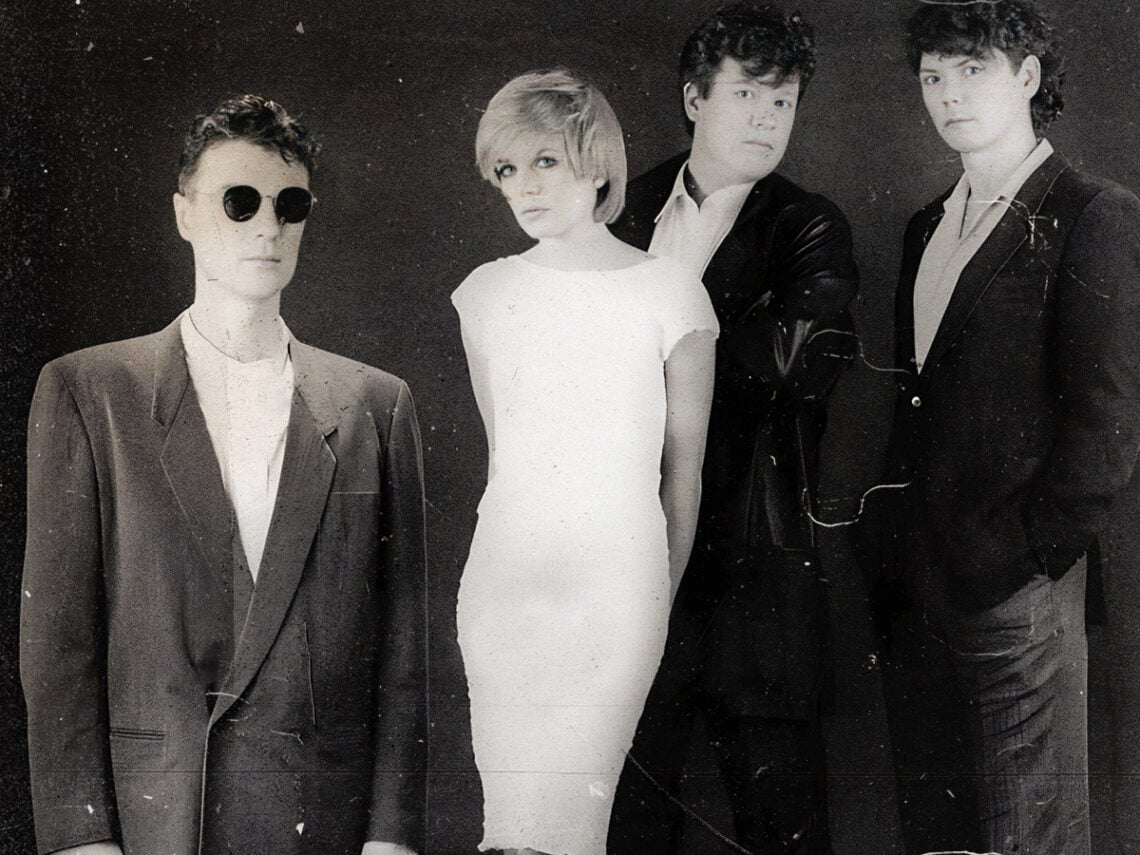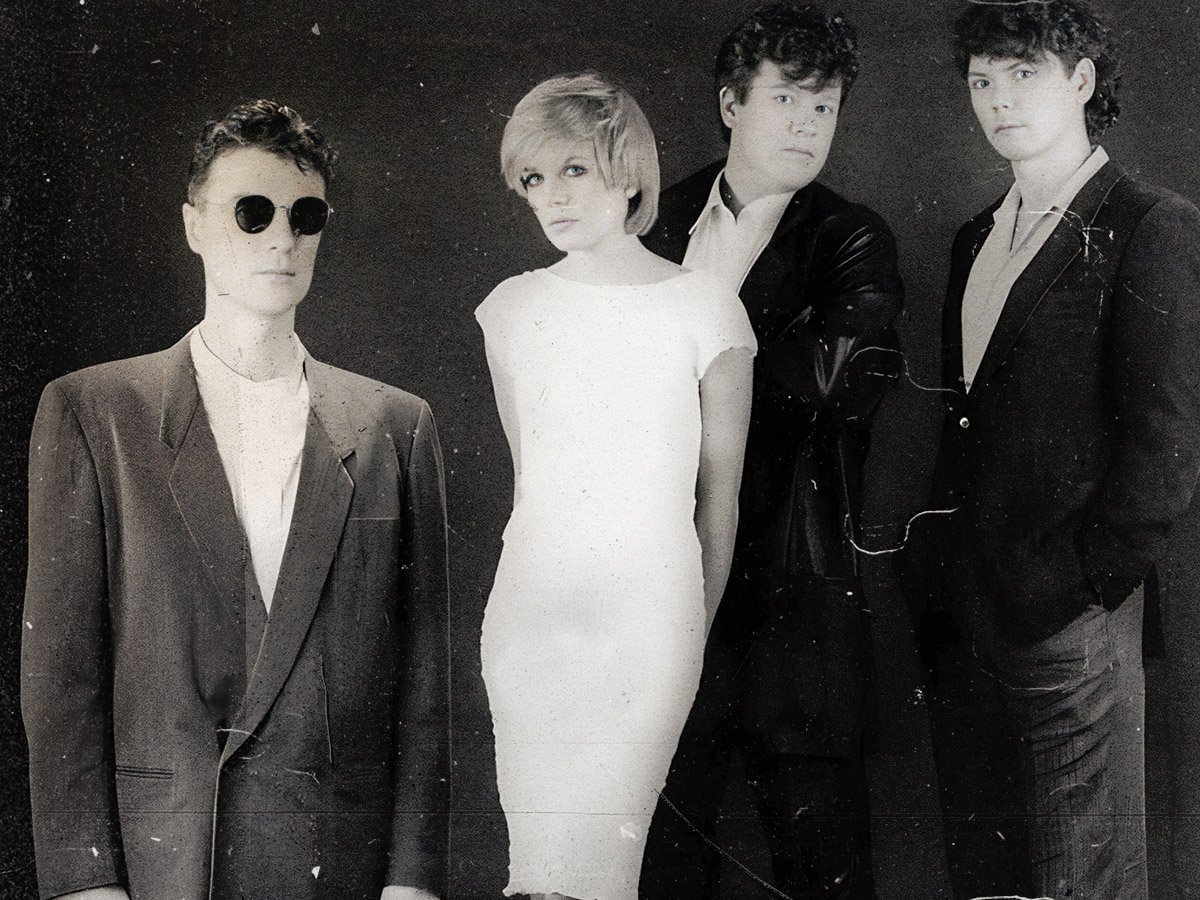
(Credits: Far Out / Alamy)
Mon 20 October 2025 21:00, UK
It might not seem like it at first, but the accompanying rhythms behind Talking Heads’ mass circus first started with the fundamental teachings of rock and soul.
At least, that’s when Chris Frantz first fell in love with music. Like most new wave pioneers, Frantz learned the ropes by absorbing a bit of everything, from the basic melodies of The Beatles to the magnetic grooves of Otis Redding. The latter, in particular, was part of the whole where Frantz developed his own style, once saying that it was the “funky Memphis sound really got me hooked.”
This is precisely what Frantz brought to Talking Heads. As Tina Weymouth once recalled, the band worked as well as it did because each member brought their own unique thing to the table. “There were myself, David and Jerry, who had been exposed to a lot of European classical music,” she once mused to Louder, continuing, “Chris came from the steel town of Pittsburgh and understood that raw black American sound […] When you combine the African-American rhythms with that European melody, you get Talking Heads.”
Even though it’s easy to detect these influences when you stick on any given Talking Heads record, what Frantz also became endeared to about this particular style of music was the attitude. It’s the same reason that he eventually benched The Beatles for The Rolling Stones, because, as he put it, the latter were “naughty and nasty”. They were unexpected, risk-takers, and like nothing you thought was possible. They were “completely based on blues, and they had a badass, hip-shakin’ vibe,” said Frantz.
These are also the same reasons he became endeared to David Bowie; he had this “persona” that gave you no choice but to pay attention. He was a true “game-changer”, according to Frantz, purely because he actually had the guts to be an innovator and do something nobody else had done before. The same goes for Lou Reed, who, unlike some of the others whom he eventually grew to cherish, hooked into Frantz “from the first listen”.
Franz first fell headfirst into Reed the moment he heard ‘Walk on the Wild Side’. This eventually became his gateway into Transformer, which, again, initially drew him in because of how out of pocket it felt against the broader repertoire of musical excellence he was exposed to at the time. He explained to Goldmine, “The risqué theme is complemented by a beautifully performed sliding bass, drums with brushes and ethereal background vocals. I’ve loved it from the first listen, and the rest of the album is marvellous, too.”
Reed’s music, especially Transformer, had a major impact on many who went on to become rulers of the new wave scene. There was a lot of that deep-seated quirkiness, or understated humour, that you hear in much of Talking Heads’ material, immediately from their debut and continuing through to their later records. Talking Heads’ music might have an inherent flamboyance to it in places, but it also maintained that signature edge established by a handful of underground pioneers like Reed.
Reed was also an early mentor of the band who offered to help them after hearing their music at CBGB. A frequenter of the scene there, he quickly caught on to the band’s appeal, once inviting them back to his place after a set to give them some notes on how to improve their performances. He’d been a little cryptic and aloof at points, but he also gave them some valuable advice about handling labels, telling them they’re like a “fist” of power and needed to stay true to their vision no matter what.
Related Topics

